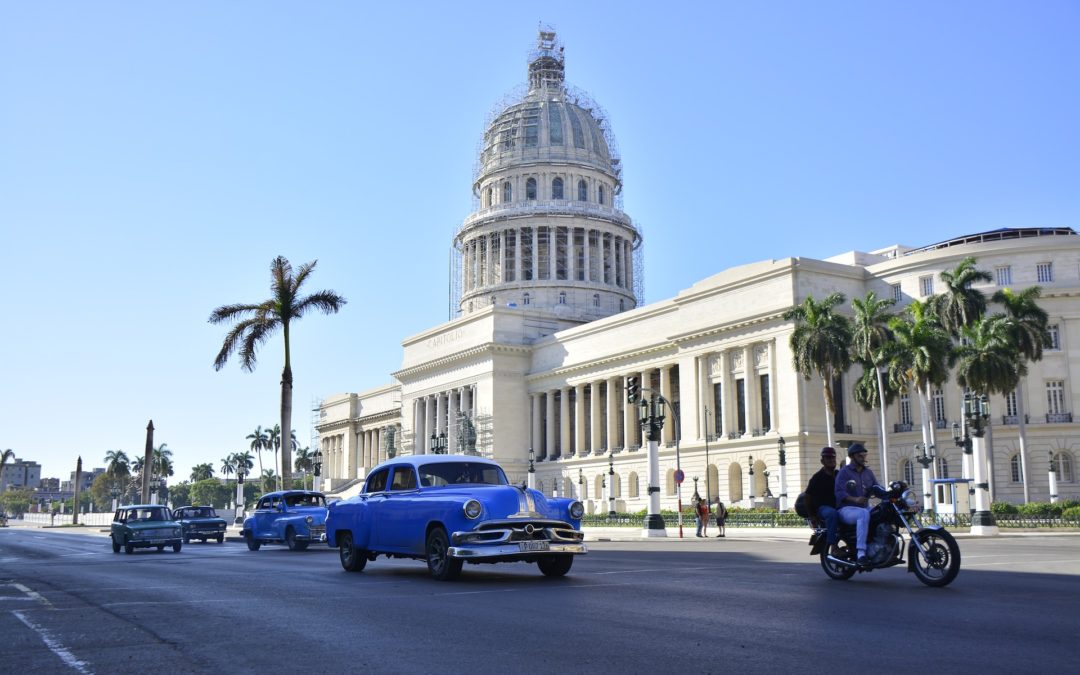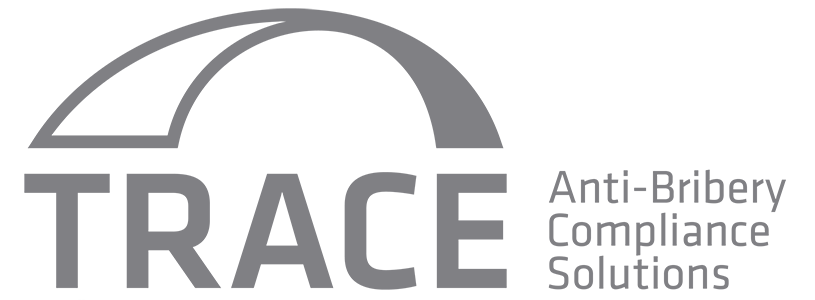
by admin | Mar 21, 2018 | ABC terms library, Agriculture, Anti-Corruption Organizations, Resources and References, Arms, defence & military, Banking & finance, Civilian aerospace, Consumer services, Fisheries, Forestry, Government of Canada Resource, Heavy manufacturing, Information technology, Light manufacturing, Mining, North America, Oil and gas, Pharmaceutical & health care, Power generation & transmission, Public works & Construction, Real estate, property, legal and business services, Telecommunications, Transportation & storage, Utilities
The Corruption of Foreign Public Officials Act (CFPOA) is the Canadian legislation implementing its obligations under the UN Convention against Corruption. The CFPOA applies to persons and companies and makes it a criminal offence for persons or companies to bribe foreign public officials to obtain or retain a business advantage.

by admin | Mar 21, 2018 | ABC terms library, Agriculture, Anti-Corruption Organizations, Resources and References, Arms, defence & military, Banking & finance, Civilian aerospace, Consumer services, Fisheries, Forestry, Heavy manufacturing, Information technology, Light manufacturing, Mining, North America, Oil and gas, Pharmaceutical & health care, Power generation & transmission, Public works & Construction, Real estate, property, legal and business services, Telecommunications, Transportation & storage, Utilities
The Royal Canadian Mounted Police (RCMP) has a mandate to investigate and tackle corruption domestically and Internationally. The RCMP has exclusive jurisdiction to investigate international corruption under the Corruption of Foreign Public Officials Act (CFPOA).
Part of the RCMP’s international mandate under the CFPOA is to conduct investigations that may involve:
- Allegations that a Canadian person/business has bribed a foreign public official;
- Allegations that a foreign person has bribed a Canadian public official that may have international repercussions;
- Allegations that a foreign official has secreted or laundered money in, or through, Canada; or
- Requests for international assistance.
Prevention is key to fighting corruption. As such, the RCMP is committed to working with industry partners, civil society and other stakeholders to prevent and detect international corruption.

by admin | Mar 21, 2018 | ABC terms library, Agriculture, Anti-Corruption Organizations, Resources and References, Arms, defence & military, Banking & finance, Civilian aerospace, Consumer services, Fisheries, Forestry, Heavy manufacturing, Information technology, Light manufacturing, Mining, North America, Oil and gas, Pharmaceutical & health care, Power generation & transmission, Public works & Construction, Real estate, property, legal and business services, Telecommunications, Transportation & storage, Utilities
GOPAC was founded in October 2002 as a result of a Global Conference in Ottawa, Canada which brought together over 170 parliamentarians and 400 observers dedicated to fighting corruption and improving good governance. It was at this meeting that the Board of Directors approved the GOPAC Constitution. GOPAC became a legal entity in the fall of 2003 – a not-for-profit under Canadian law.
GOPAC is unique in that it is the only international network of parliamentarians focused solely on combating corruption. Its members represent more than 50 countries in all regions of the world. They are current or former legislators or legislators who have been denied their right to take office. Their collaboration is non-partisan.

by admin | Mar 21, 2018 | ABC terms library, Agriculture, Anti-Corruption Organizations, Resources and References, Arms, defence & military, Banking & finance, Civilian aerospace, Consumer services, Fisheries, Forestry, Heavy manufacturing, Information technology, Light manufacturing, Mining, North America, Oil and gas, Pharmaceutical & health care, Power generation & transmission, Public works & Construction, Real estate, property, legal and business services, Telecommunications, Transportation & storage, Utilities
| The World Bank Group considers corruption a major challenge to its twin goals of ending extreme poverty by 2030 and boosting shared prosperity for the poorest 40 percent of people in developing countries. In addition, reducing corruption is at the heart of the Sustainable Development Goals and achieving the ambitious targets set for Financing for Development. It is a priority for the World Bank Group and many of its partners.
This link provides access to reports, initiatives, and access to useful links to global partners and stakeholders in the fight against corruption |

by admin | Mar 21, 2018 | Agriculture, Arms, defence & military, Banking & finance, Bribery risk assessment, Civilian aerospace, Consumer services, Europe, Fisheries, Forestry, Heavy manufacturing, Information, Information technology, Light manufacturing, Mining, Oil and gas, Pharmaceutical & health care, Power generation & transmission, Public works & Construction, Real estate, property, legal and business services, Risk assessments, Telecommunications, Transportation & storage, Utilities
The Transparency and Accountability in Local Governments (TRAALOG) Regional Initiative started in April 2010.The TRAALOG has been supported by the Democratic Governance Thematic Trust Fund (DGTTF), the Global Thematic Programme on Anti-Corruption for Development Effectiveness (PACDE), and the United Nations Development Programme (UNDP) Spanish Trust Fund. The TRAALOG is an initiative of the UNDP Democratic Governance Practice Area of the Regional Bureau for Latin America and the Caribbean (RBLAC), and is implemented from the UNDP Regional Centre for Latin America and the Caribbean in Panama.
The TRAALOG targets small initiatives at the local level that can be scaled up through policy support and capacity development and partnerships. One of the key activities of TRAALOG is to promote the development and systematization of knowledge products and tools, focusing on specific initiatives aimed at increasing transparency and accountability, as well as to mainstream anti-corruption issues into other areas, such as access to information, ethics, climate change, health, Millennium Development Objectives and social audit. The idea is for these knowledge products to serve as means, to generate interest and discussion among UNDP Country Offices in and outside the region, regional service centers and other units of UNDP and the wider United Nations System, as well as development and democratic governance practitioners.
Similarly, it is hoped that these knowledge products could serve as reference in pursuing initiatives and in seeking opportunities for replication. These can also be used to develop and support projects and programs, as well as regional activities. These knowledge products are the result of partnerships with a number of UNDP Country Offices, donors, consultants and associate experts, academic institutions and civil society organizations. All helped to identify experiences that provide valuable practical information relative to improving democratic governance and increasing transparency and accountability.
- These knowledge products are not meant to be prescriptive. Rather, their aim is to:
- Provide examples of transparency and accountability activities;
- Generate discussion and policy dialogue;
- Illustrate practices;
- Present tools, methodologies, approaches and frameworks;
- Highlight case studies;
- Direct readers to additional resources.

by admin | Mar 21, 2018 | ABC terms library, Agriculture, Anti-bribery/corruption contract terms, Anti-Corruption Organizations, Resources and References, Arms, defence & military, Banking & finance, Bribery risk assessment, Civilian aerospace, Code of Conduct and policies and procedures, Compliance function, Consumer services, Financial controls, Fisheries, Forestry, Heavy manufacturing, Information technology, IT tools that support compliance function, Leadership and governance, Light manufacturing, M&A, joint venture, business associate due diligence, Mining, North America, Oil and gas, Pharmaceutical & health care, Power generation & transmission, Public works & Construction, Real estate, property, legal and business services, Risk assessments, Risk-based assessment and due diligence process, Risk-based training, Structuring an Anti-Corruption compliance program, Telecommunications, Third party due diligence and payments, Tone from the top, Training, Transportation & storage, Utilities
TRACE is a globally recognized anti-bribery business association and leading provider of shared-cost third party risk management solutions. Members and clients include over 500 multinational companies located worldwide. TRACE is headquartered in the United States and registered in Canada, with a presence on five continents. For more information, visit www.TRACEinternational.org.
TRACE International is a highly respected organization that provides a wealth of information and tools for public and private organizations. From its TRACE country profile Matrix and training offerings to its due diligence services and insightful articles, TRACE International is an important international player and advocate for Anti-Corruption measures.
A COMMON MISSION
TRACE is comprised of two distinct entities – TRACE International and TRACE Incorporated – that share a common mission to advance commercial transparency worldwide.
TRACE INTERNATIONAL is funded by its members and does not accept any funding from any government. It leverages a shared-cost model whereby membership dues are pooled to develop anti-bribery compliance tools, services and resources.
TRACE INCORPORATED
TRACE Incorporated is a leading provider of third party risk management solutions.
Founded in 2007 to meet compliance demands that did not fall within the scope of the shared-cost membership model, TRACE Inc. provides both members and non-members with customizable risk-based due diligence and has conducted over 500,000 due diligence reviews worldwide.











